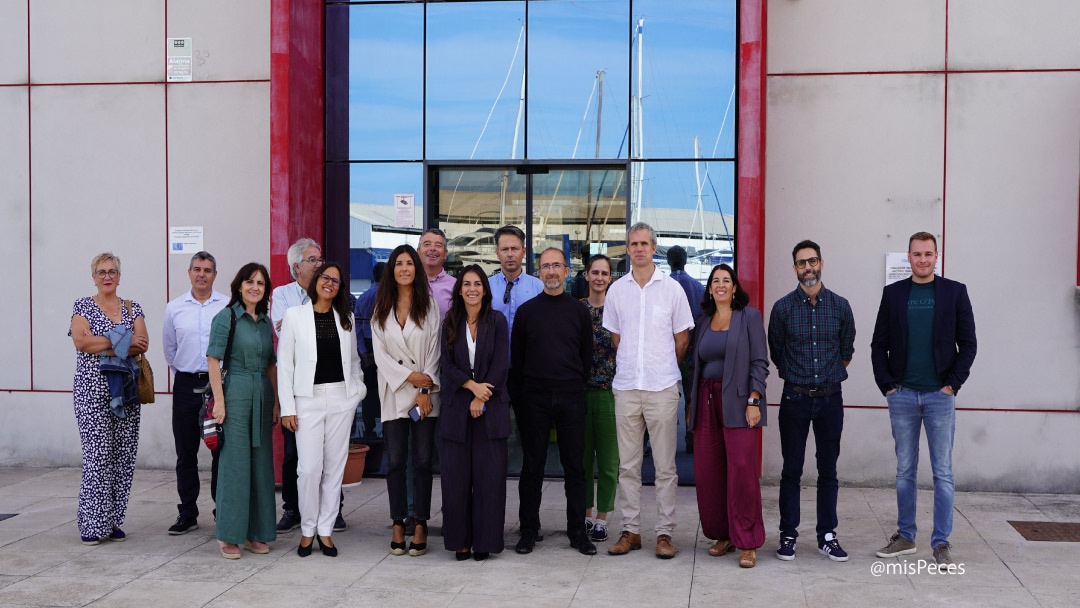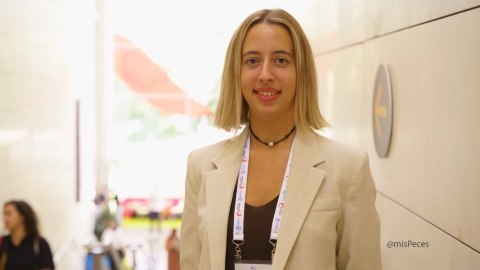
A delegation from the Hungarian Ministry of Agriculture is visiting Andalusia this week to learn first-hand about the development of the region’s aquaculture sector, with the aim of strengthening cooperation and exchanging experience in innovation, sustainability, and production systems.
The Hungarian representatives are following an extensive programme organised by the Regional Ministry of Agriculture, Fisheries, Water and Rural Development of the Government of Andalusia, coordinated by the Director-General for Fisheries and Aquaculture, Carlos Aldeguería.
The delegation has toured traditional marsh aquaculture farms in the Bay of Cádiz, where fish production is combined with the conservation of natural ecosystems. In addition, they visited the Technological Centre for Aquaculture (CTAQUA), where they learned about ongoing research projects on environmental sustainability, fish welfare, and innovation in farming systems.
They also visited high-tech aquaculture companies such as Futuna Blue España, a European leader in the fry production of Greater Amberjack (Seriola dumerili) through advanced breeding and grow-out technologies.
Today, the itinerary includes visits to freshwater facilities specialising in trout and sturgeon farming, providing insight into efficient production systems and welfare-oriented management practices.
“Our purpose is to become better acquainted with Andalusian aquaculture and to find parallels that allow us to exchange experiences and build upon each other’s achievements,” said Gábor Réczey, a representative of the Hungarian Ministry of Agriculture, speaking to misPeces.
Although Hungary is a landlocked country, aquaculture plays a significant role in its domestic fish production. “Spain and Hungary share a common goal: to enhance European aquaculture, which has been stagnating in recent years. We want to work together to boost its development and to find joint solutions,” added Péter Lengyel, another Hungarian representative.
The delegates highlighted shared challenges between both countries – including bureaucratic obstacles, conflicts with cormorants, and the need to improve public perception of aquaculture. “Aquaculture is often seen as a polluting or unsustainable activity, yet we have witnessed here that, when managed correctly, it can actually benefit the environment,” they said.
The visit also included meetings with institutional representatives, including the Andalusian Minister of Agriculture and the Andalusian Aquaculture Producers’ Organisation (ASEMA).
The Hungarian delegation expressed their intention to maintain contact with Spanish research centres and companies to explore potential future collaborations.
“We hope to be able to show Spanish institutions and companies what Hungarian aquaculture and research are achieving, and to continue working together in the future,” they concluded.


